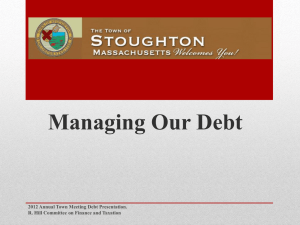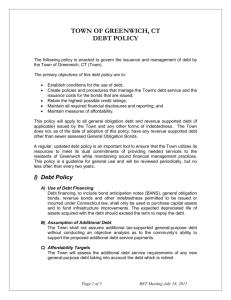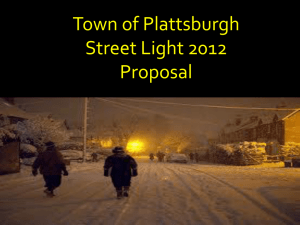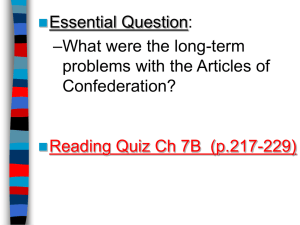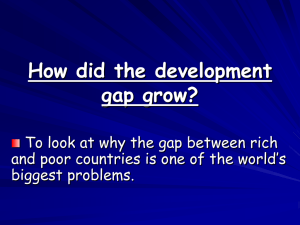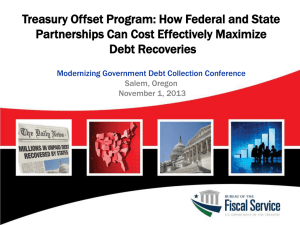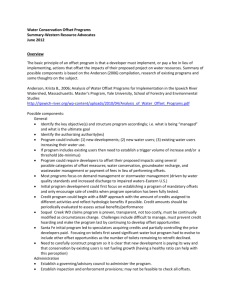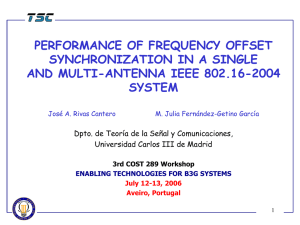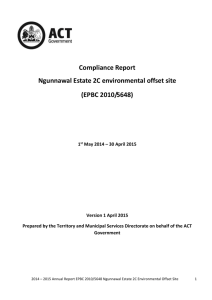Arizona`s Expanded Debt Setoff Program
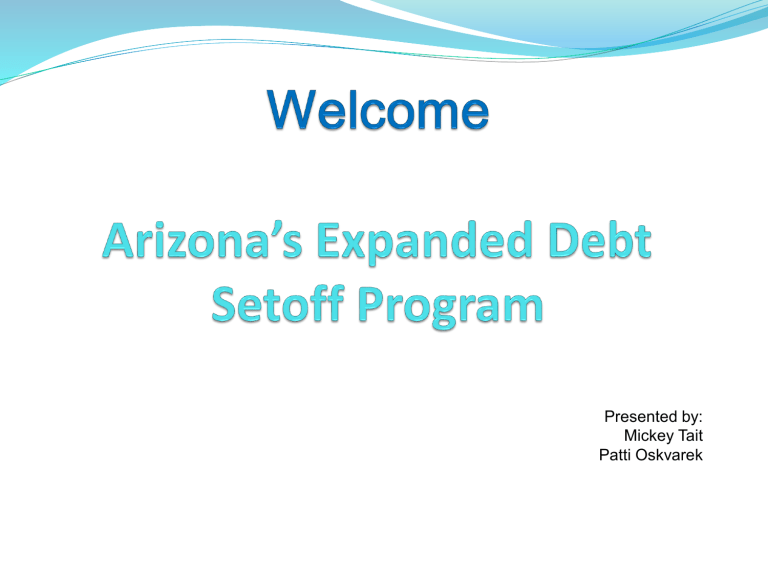
Presented by:
Mickey Tait
Patti Oskvarek
Statutory Law Change in 2011 to include Cities and Towns
HB2236, the First Regular Session 2011, expanded the State’s Debt Offset Program to include cities and towns.
Prior to 2011 only the Municipal Courts could participate with regards to City debt.
City debt can include any and all debt owed to a city, including; tax, fire, utility, police, false alarm fees, or any other Accounts Receivable debt of the city.
The AZ Debt Offset Program allows any Arizona political subdivision to submit claims, called offsets, against potential refunds due to taxpayers from the Arizona Department of Revenue.
Out of 91 incorporated cities and towns, currently only 11 cities have joined and taken advantage of the new program.
A city or town may submit an application to the
Debt Set Off, or DSO with the Arizona Department of Revenue unit to participate.
Once the application is processed, the town or city is assigned an ‘agency number’ and can then begin submitting claims.
A city or town can have multiple ‘agency numbers’ to differentiate between various departments or type of debt, like utilities or police.
The offset can be claimed against both individuals and businesses.
The offset claims must have a Social Security
Number for individuals or Sole Proprietorships or an Employer Identification Number for businesses.
Once the claim is entered into the Arizona
Department of Revenue’s Debt Setoff System, future refunds will be flagged for offset.
The status of claims can be reviewed by the city or town via website or calling DSO.
The claims are assigned a priority:
1 st Child Support
2 nd Court debts
Then all others claims based on order of submission (first come, first served).
Claims are matched based on name and tax identification number (SSN or EIN).
The city or town is notified when there is a match on a claim.
The city or town must notify DSO unit if they wish to proceed with the offset.
The taxpayer then has 30 days to protest the offset.
The taxpayer must make their protest to the city or town that is claiming the refund.
For each match there is a $9.00 fee.
Most cities or towns pass this fee on the taxpayer by adding the amount to the claim.
The city or town may then decide if they want to pursue or release the offset, the fee is still assessed for the match.
If a refund is claimed in error, potential penalties are imposed by 42-1122 on the city or town, it is critical that disputes be resolved within allotted time periods.
Since the statutory change took effect, a survey taken with various cities indicated tax amounts collected:
CITY
AVONDALE
CHANDLER
MESA
PEORIA
PHOENIX
TAX AMOUNT
CAPTURED
$1,670
$12,790
$74,570
$11,125
46,030


